“Anything is a landmine; you always run the risk of crossing the guardians of the temple”: Screenwriter Quoc Dang Tran on Drops of God
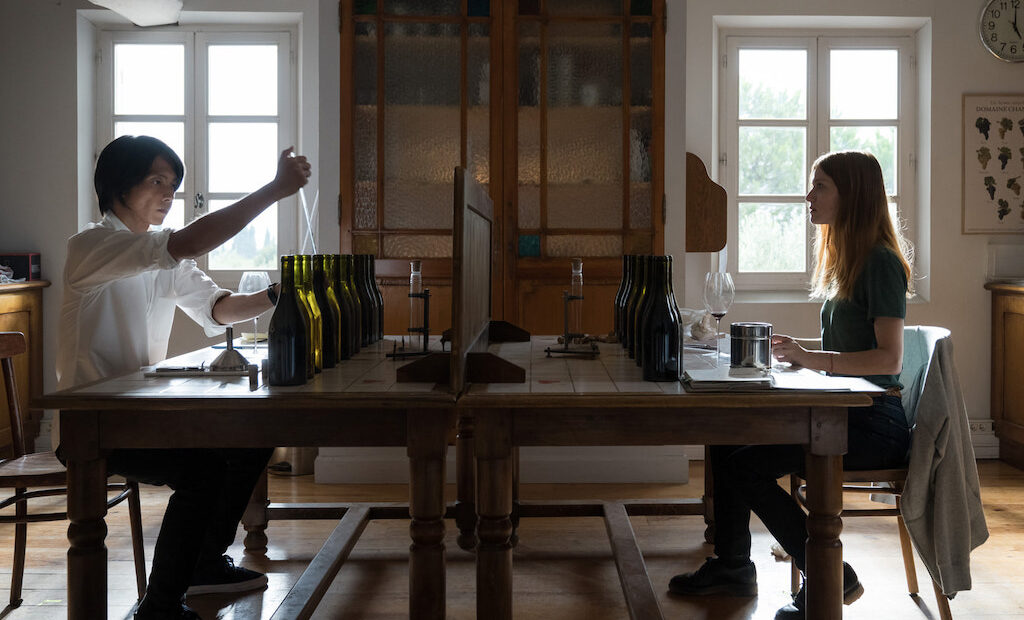
In 2004, a manga series first saw the light of day and became so popular that it significantly increased fine wine sales in East Asian territories. After an early Japanese television adaptation, Drops of God has now been turned into an international live-action drama series, streaming on Apple TV+.
The show starts off in France, where Camille Léger (Fleur Geffrier) learns of her estranged father’s moribund state. He passes as she is on her way to Tokyo to see him; upon her arrival, his will presents her with new challenges – quite literally so. She is to compete in an oenological quest against a student of his for the inheritance. But while Issei Tomine (Tomohisa Yamashita) has perfected his knowledge of wine under Alexander Léger, Camille has long turned her back on her father’s obsession.
The Upcoming spoke to series creator and writer Quoc Dang Tran about the adaptation process, the multinational concept and whether wine connoisseurs watching will try to guess the vintages the protagonists must identify.
How did the development of Drops of God get started? I understand you were involved right away?
Yes. The producer Klaus Zimmermann, from Dynamic TV, had acquired the rights for the manga and he thought of me to try and adapt it. So he came to me with the manga and said, “Well, would you do it? Would you be interested?” I read it and first I thought, “This is impossible to adapt!” And then, after one or two days, I thought, “Maybe there is a story to tell in a different spin” – that I could try to capture the essence of the manga, try to tell its story through a different story, whilst respecting the spirit of it.
Were you familiar with oenology before?
I was a novice in wine. And that’s probably a good thing, because you don’t want to appeal only to the wine connoisseurs, so it was probably to my advantage not to know anything. But I had to learn everything in a short period of time – two or three months – so I read a lot of books, I watched a lot of documentaries. I worked with a sommelier, who was my consultant for any question related to wine. I won’t say I became an expert, but I understood what it took to write a story about wine, starting with very little. Because, of course, I have to take the people who don’t know much about wine by the hand, so they don’t get lost in the story. So that’s how we started.
I read in an early interview about the show that it took five years to get the research completely right, in terms of authenticity. Could you speak a little bit about that process?
Yeah, if you’ve seen the show, you know the main protagonist, Camille Léger, knows nothing about wine – she has to learn the whole thing. And oenology seems very difficult to access, because from the outside it looks like almost some kind of aristocratic thing. In reality, wine is all about sharing and conviviality.
So you have these two different images about wine: aristocratic and sharing. It was very important to me that it was not perceived as an elite show, because that’s not what I wanted to do. So I had to learn how to tell a story about wine for people who know nothing about wine, and, at the same time, that wine connoisseurs would approve of what we’re saying – because it’s a science, you know? We are not making things up. So we had to be very precise and accurate and take the necessary steps to make you understand how it works. This is complex, but it is a beautiful world. Most people don’t know about wine, but it’s about the know-how, the savoir faire, and it’s about transmission and dedication. We wanted to show that and that’s why it took some time.
Another reason why it took some time was because most of the buyers at a certain point of time didn’t believe in in the concept of the show. They thought, “Okay, who’s going to watch a show about wine? Who’s going to be interested in a story that takes place in Japan and in France? Who’s going to watch a show that’s in English, French and Japanese?”. We had to overcome a lot of resistance, but now we’re very happy that it’s on Apple TV+ and Hulu Japan. The landing is great.
I can see how that could be a challenge, but the different countries and nationalities really play to the strengths of the show. So, you made the change quite early on to relocate some of the action to France?
At first, it wasn’t even designed to be an international show, because when I was asked to make an adaptation I think they expected me to make just a French show with two protagonists – you know, because France, after all, is the land of fine wines. It wouldn’t have been inconsistent to do that, but I really wanted to be loyal and respectful to the original manga. I thought, “If we don’t have a Japanese character in it, that we would lose something.” So I suggested it could happen between France and Japan, and they said, “Yeah, that’s a great idea!”.
So it became an international production, an international product. But before that, there was no expectation really on anything.
Did you also have to do a lot of research into Japanese culture? Were you already familiar with it, or did you have consulting experts?
Well, I’m no expert in anything, unfortunately, but I’ve always had deep admiration for the Japanese culture. I read a lot of manga and watch anime, and I also watch a lot of movies. Issei’s father’s name is Hirokatsu – this is an homage to Koreeda Hirokazu, the filmmaker, because most of his movies are about blood ties, about family ties. He’s questioning the validity of blood ties: are they stronger than anything? You’ve watched the show, so I’m not spoiling anything.
So I tried to make the two rival storylines… the Japanese storyline as respectful as possible to the Japanese culture. Of course, the authors of the manga, they read the scripts, and they gave their blessing. So that was huge. And yeah, there were people who had a look at the script and every time I strayed too far they told me, “Maybe you’re a little bit blunt here – we are less blunt than that.” So I did something different and that’s how it worked.
It can be quite risky to change the physical characteristics and the cultural background of a beloved character. Were you ever worried about the critical reception of these changes?
Well, if I worried about things like that, I wouldn’t do anything in terms of adaptation – I couldn’t do anything, not a video game, or a book of a novel of manga or anime…. Anything is a landmine; you always run the risk of crossing the guardians of the temple. But I think, if you do it with modesty, and, you know, sincerity and are not trying to figure out some kind of recipe for success – which doesn’t exist, by the way… Hopefully, people who love the manga – and oenophiles also say that we’ve been doing a good job – see we’ve been sincere in doing it. Hopefully, they will forgive us for for adapting the manga, and maybe some people will be happy about it, you know?
So, no, I didn’t think about that too much before. I’m saying that, but now, right now, it’s a terrifying time, because I don’t know what the critics are going to say, I don’t know what the audience, what the viewers are going to think about the show. I’ve been maybe unconscious about it all before, but now it’s really sets back in. We’ll see how it is received.
I mean, I can’t speak to the cultural component, of course, but it definitely made the show more approachable for me as a woman – because I understand it is a male-dominated field, and in the manga it’s mostly male characters, right?
Yes. I started writing with two males competing against each other and, at a certain point of time, it was only men in the show. And it felt really weird, to be honest. We thought, “This is not right!” So we changed the character and it was so much better afterwards. Because, like lots of fields of work, it’s very male-dominated. When you have this young, frail woman going into the arena, and having to fight for her life against men, then it gives another dimension to the project. And she’s a fighter; you know, she looks fragile, but she’s a warrior. So it gives another dimension to the show. And yeah, it was a great idea. Otherwise, we wouldn’t even have passed the Bechdel Test.
The manga was first published almost 20 years ago. Were there also some changes in oenology in the past years that had to be reflected in the TV show?
Well, the wines are completely different, of course, because wines have changed and biodynamics in wine has taken off. So there are a lot of different things but, at the same time, wine is about tradition. Nothing changes completely and, again, it was the sommelier who told us everything. Whenever we had questions about any wine, he told us, “Yeah, that’s a good idea but…”, or, “You shouldn’t do this with this one because it doesn’t fit the challenge.”
You probably know that in Japan there is even a social game based on the manga. Do you think that when people watch the show, that the connoisseurs will also try to guess which wine is in competition?
Well, I hope there’s going to be some buzz around that. But I didn’t write the show for that – because I’m not a fine wine connoisseur myself – to get into that game. But I’d love to do that.
One of the reasons why I did the show was because the territory of fiction within the world of wine, it hadn’t been done before, to my knowledge, in the Western world, TV or streaming. I wanted to do some something different. And hopefully wine is something exotic for a lot of people. So hopefully they will be interested in watching that.
Definitely. I mean, I am not familiar with wine at all but there is so much nuance in this show – family, passion, finding a calling. Even if the field of wine perhaps is not necessarily theirs, there will be something people can relate to.
Yeah, it’s like The Queen’s Gambit: you don’t have to know chess at all to watch the show. It was a little bit in that spirit that we did the show. If you know about wine, perfect, and if you don’t know about wine, perfect. That was our hope when we did the show.
Exactly! I definitely appreciated that approach. Just to wrap things up, are you planning on taking this story any further? If it’s successful, will there perhaps be a second season?
There might be a second season but, if there is, I won’t be writing it because I love telling stories that have a beginning and an end. Of course, the door is open for season two, if another writer is willing to go for it, but, personally, I have told my story and I’m very happy with my characters. I want to end that adventure and try to explore new territories of fiction.
Thank you!
Selina Sondermann
Drops of God is released on Apple TV+ on 21st April 2023.
Watch the trailer for Drops of God here:

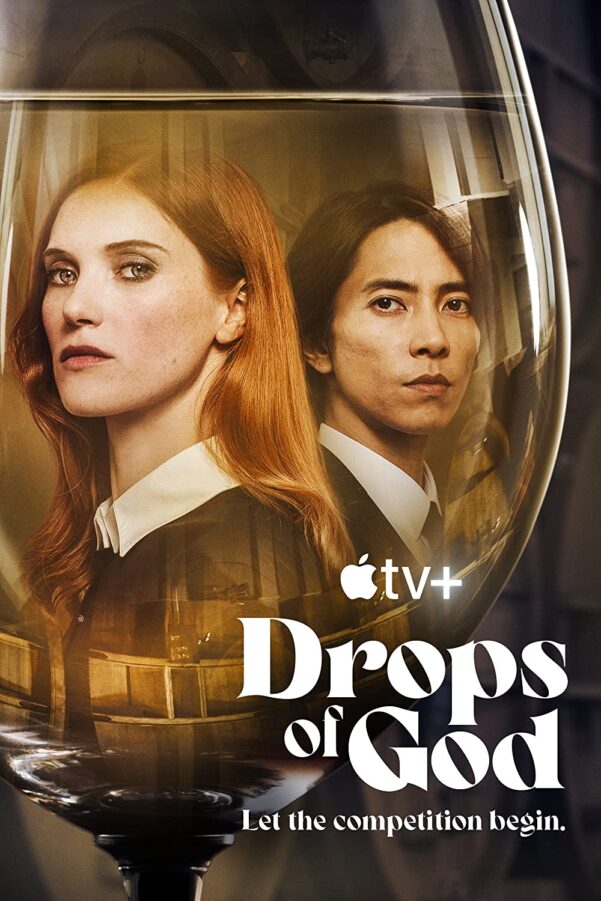

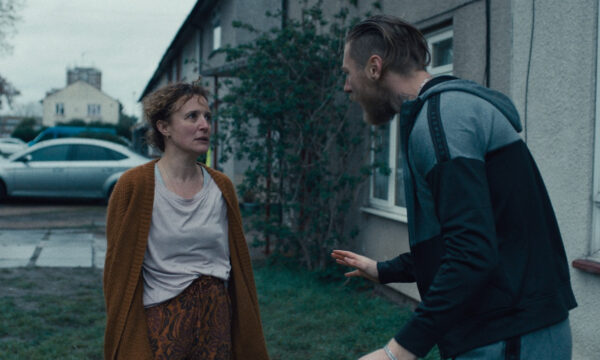

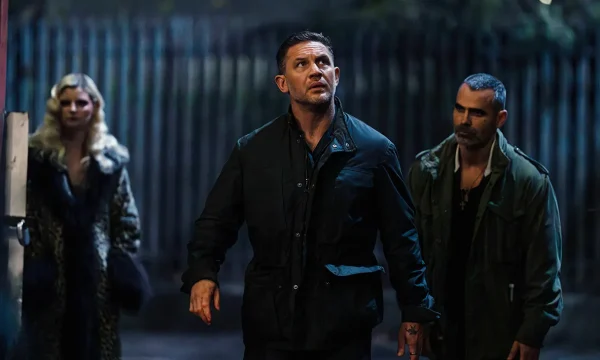
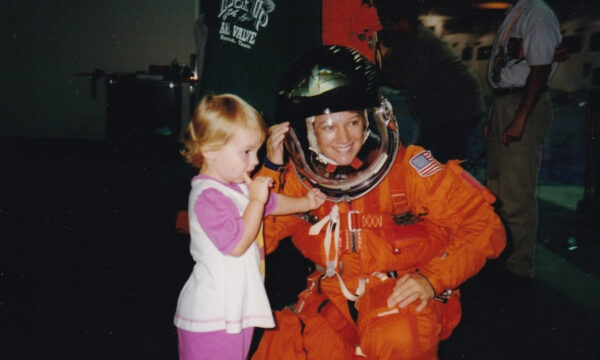
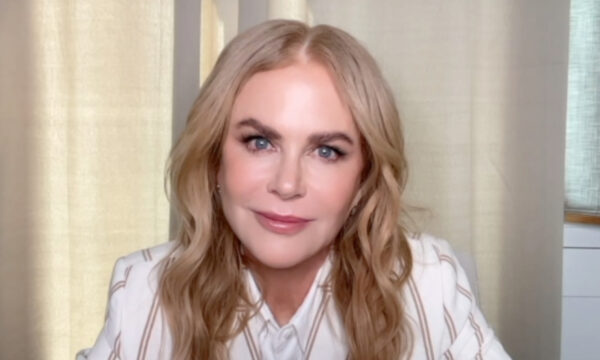
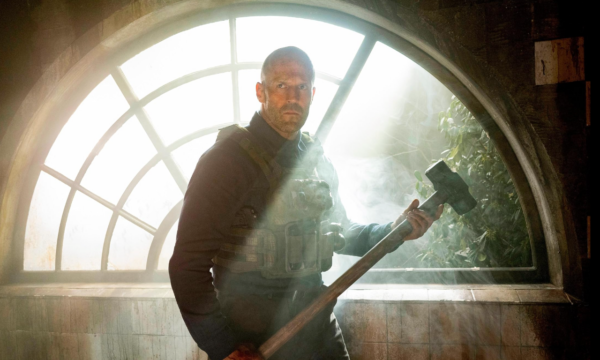
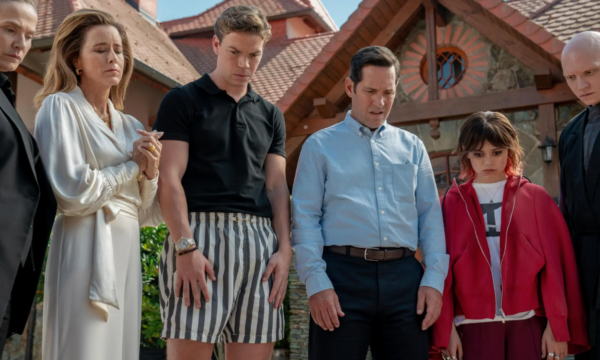








Facebook
Twitter
Instagram
YouTube
RSS